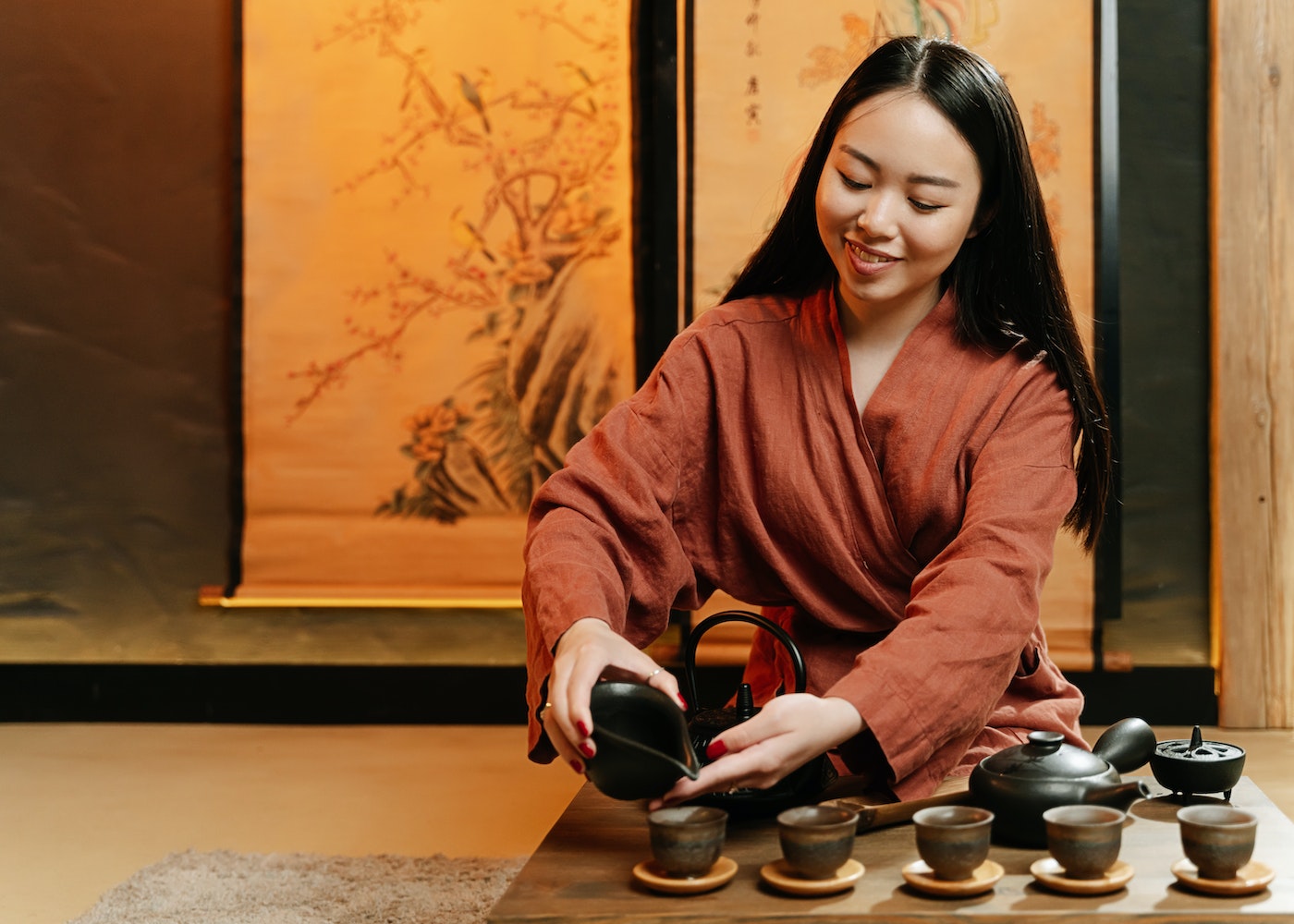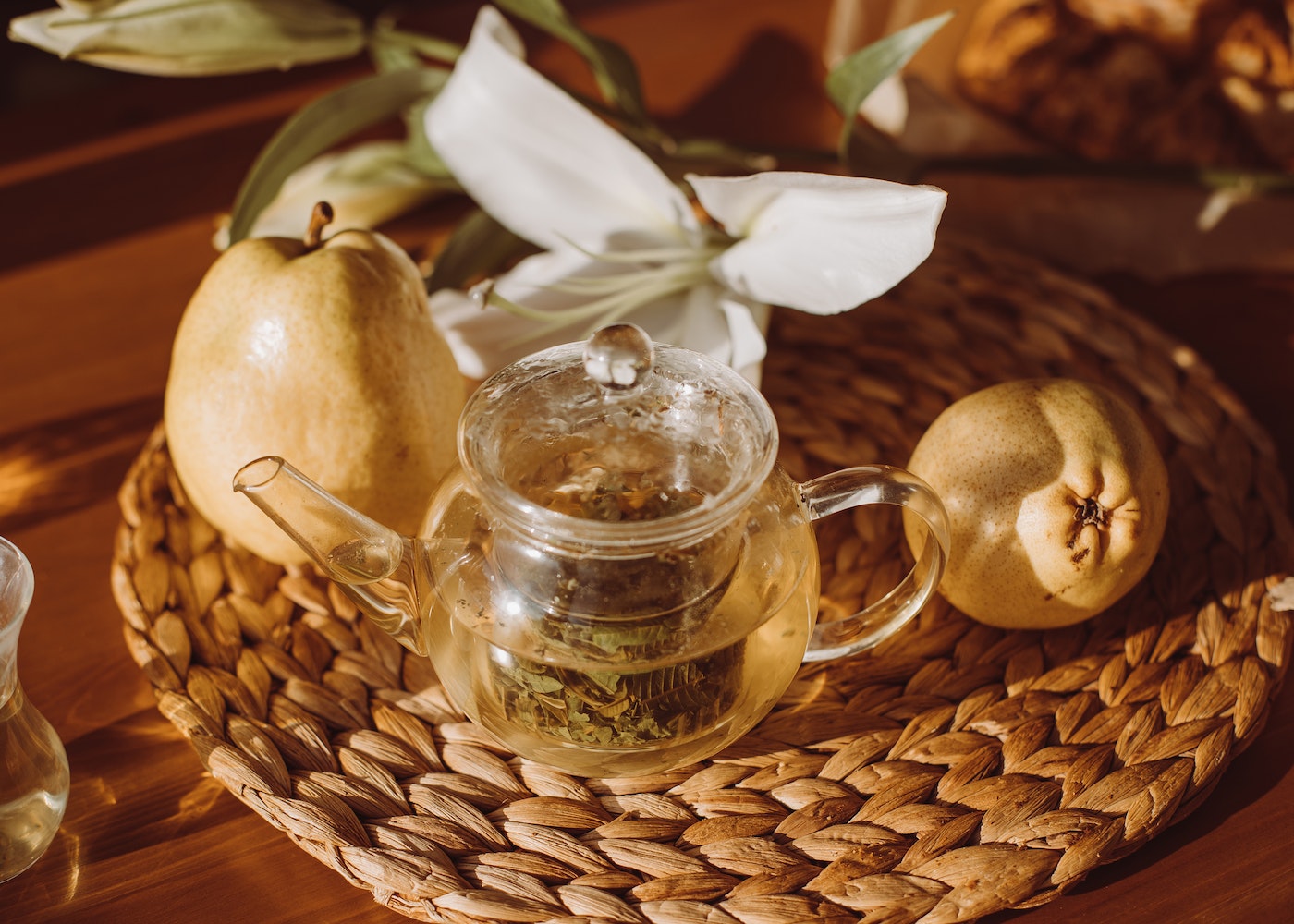Subtitle: Exploring the Rich History and Cultural Significance of Chinese Tea
Introduction:
Tea has a long and rich history in China, dating back thousands of years. Traditional Chinese tea has played an important role in Chinese culture, from social gatherings to medicinal practices. In this article, we’ll explore the origins and cultural significance of traditional Chinese tea.

1.The Origins of Chinese Tea
The discovery of tea is attributed to the legendary Chinese Emperor Shennong, who is said to have accidentally discovered tea’s refreshing properties after boiling water and leaves. Tea became popular during the Tang dynasty and was later exported to other countries.
2.The Different Types of Chinese Tea
There are six major types of traditional Chinese tea: green tea, black tea, white tea, oolong tea, yellow tea, and dark tea. Each type has its unique flavor, aroma, and brewing techniques.
3.The Cultural Significance of Chinese Tea
Tea plays an important role in Chinese culture, from social gatherings to medicinal practices. Tea ceremonies, such as the Gongfu tea ceremony, are popular in China and involve precise brewing techniques and presentation.

4.The Health Benefits of Chinese Tea
Traditional Chinese tea is known for its numerous health benefits, including improved digestion, reduced risk of heart disease, and increased mental alertness. These benefits have been studied and documented in scientific research. (another topic: What is the Benefit of Green Tea?)
5.The Global Impact of Chinese Tea
Chinese tea has had a significant impact on the global tea industry. China is the largest tea producer and exporter in the world, with its tea culture spreading to other countries and influencing tea production and consumption worldwide.
6.The Future of Chinese Tea
As China continues to modernize, traditional Chinese tea faces new challenges in a changing world. However, efforts to preserve and promote Chinese tea culture continue, and traditional Chinese tea remains a beloved and respected aspect of Chinese society.

Conclusion
Traditional Chinese tea has a long and rich history, and its cultural significance extends far beyond China’s borders. From its origins as a medicinal herb to its global impact on the tea industry, Chinese tea has had a profound impact on the world. As we look to the future, efforts to preserve and promote Chinese tea culture will ensure that this ancient tradition continues to thrive.
References:
- “Tea and Health: Studies in Humans.” Current Pharmaceutical Design, 2013.
- “Tea culture and its significance in China.” Journal of Ethnopharmacology, 2016.
- “The History and Culture of Tea in China.” The Journal of Tea Science, 2013.
- “Chinese Tea and Its Culture.” Journal of Tea Science Research, 2017.
- “Traditional Chinese Tea Culture and Its Contemporary Significance.” Journal of Ethnic Foods, 2016.
- “China: The World’s Largest Producer and Exporter of Tea.” International Tea Committee, 2019.

